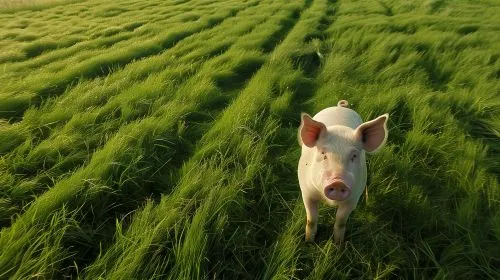958

On September 10, 2025, the European Parliament approved the amendment proposed by MEP Daniel Buda, Vice-President of the Committee on Agriculture and Rural Development (AGRI), calling for the establishment of an equal level of direct payments for all farmers in the European Union. This vote represents an important step in the process of external convergence of subsidies, aimed at reducing the disparities between farmers in Eastern and Western Europe.
External convergence is a major objective of the Common Agricultural Policy (CAP) and seeks the gradual adjustment of subsidies, which currently range between approximately €150–220/ha in Eastern European countries and over €300/ha in Western states. The adopted amendment marks a shift in the allocation of European funds, favoring greater fairness among Member States.
The vote comes in the context of negotiations for the new post-2027 CAP, at a time when pressures related to production costs, adaptation to climate change, and the digitalization of agriculture are becoming increasingly evident. Eastern European states, including Romania, have consistently advocated for fair subsidies, considering this support an essential factor in maintaining the competitiveness of the agricultural sector.
For Romania, the European Parliament’s decision is a strategic opportunity. The current level of direct payments stands at around €200/ha, and the implementation of the principle of external convergence could bring increases of up to 30% in the coming years. This growth would contribute to strengthening small and medium-sized farms, integrating cooperatives into distribution chains, and modernizing agricultural infrastructure.
The adoption of the amendment represents only the first stage. Negotiations will follow between the European Parliament, the Council of the European Union, and the European Commission to integrate the principle into the final form of the CAP. Specialists estimate that the implementation of the measures will be carried out gradually, over three to five years, in order to maintain budgetary stability at the European level.
Through this vote, the European Union is sending a clear political signal in support of a competitive and fair agriculture. Romania now has the chance to capitalize on this decision through coherent national policies, investments in modern technologies, and support for farmers’ adaptation to the new requirements of the European market.
(Photo: Freepik)





